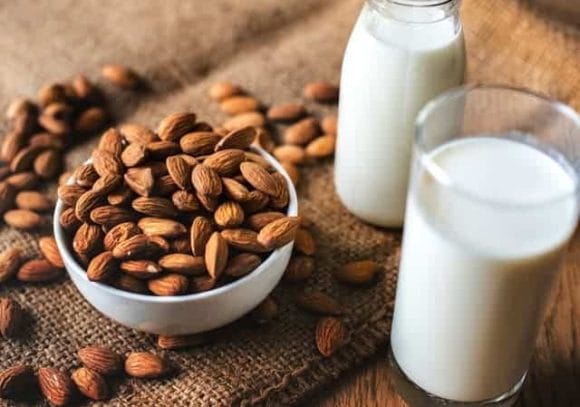It has long been known that in addition to key nutrients for proper functioning of the body such as protein, calcium, carbohydrates or vitamins, microelements such as zinc and selenium play an equally important role. Their deficiencies may lead to serious health disorders, and in extreme cases even to death.
Table of contents
The importance of zinc and selenium for the body
Zinc and sel enium are micronutrients that play an important role in strengthening the immune system. They increase the activity of white blood cells and the level of antibodies, protect immune cells from damage. In addition, they influence a number of other physiological processes, ranging from the work of the circulatory system to the condition of the skin, hair and nails.
Selenium and zinc are dependent on each other in the body, they largely complement each other, so a deficiency of one of these elements may interfere with the effects of the other. It should be remembered, however, that equally harmful as a deficiency, may be their excess. Studies have shown that both too little and too much zinc or selenium can contribute to cancer. WHO determined that the daily requirement for zinc is about 10 mg, for selenium about 40 mg.
Zinc – properties and effects

Zinc performs numerous functions in the body, regulating the functioning of the circulatory system, affecting the reproductive and skeletal systems, participating in the production of enzymes responsible for metabolism of proteins and carbohydrates, or affecting the central nervous system. It strengthens the immune system, increases resistance to infections, and protects the body from free radicals.
Zinc deficiency
Zincdeficiency in the body may lead to annoying external symptoms and serious health complications. Allergies, skin diseases or baldness are often the result of its insufficient level. Zinc deficiency can also result in disorders of the digestive and respiratory systems, decreased immunity and potency, reduced intellectual performance, thyroid disorders, apathy and fatigue.
Read also: Hypothyroidism – causes, symptoms, treatment and prevention
Zinc in food
Of course the ideal solution is to provide the body with necessary nutrients by natural means, through food, although it is not always possible. However, in case of deficiencies, it is worth to first reach for products rich in zinc, namely meat, especially offal, seafood, especially crabs and oysters, eggs and full-fat, fresh milk. Zinc can also be found in cereal products such as bran and legumes, green leafy vegetables, nuts, almonds, sunflower seeds and sesame seeds.
Properties and effects of selenium

Selenium also plays a very important role in the body. Similarly to zinc, it strengthens the immune system, affecting the production of antibodies, lymphocytes and macrophages. It protects the body against infections and free radicals. It strengthens the heart and coronary vessels, protects the circulatory system, supports reproduction, and is essential for normal fetal development.
Selenium deficiency
Seleniumdeficiency is mainly due to dietary mistakes and insufficient amount of products containing this element in our daily diet. This may result in weakened immunity, risk of cancer or heart disease, and degenerative changes in many organs and tissues.
Selenium in food
The selenium content of various products varies; it is usually highest in those foods which also contain large amounts of protein. The most selenium is therefore found in meat, mainly offal, fish and seafood, milk and its products, yeast, and bread. When it comes to vegetables, they usually have minimal amounts of selenium, except for legumes, garlic and mushrooms.
Selenium and the thyroid
Both elements play an essential role in processes occurring in the thyroid gland and in the production of hormones. Selenium not only determines the proper functioning of the thyroid gland, providing the body with the necessary dose of vitamin C, E, and selenium, definitely reduces the risk of cancer and other thyroid diseases. Selenium, due to its inflammation-reducing properties, is also of great positive importance in inflammations of this gland.
Since it is not always possible to provide the body with a sufficient amount of zinc or selenium in the daily diet (it is impossible to eat red meat or offal every day if we care about health or are on a diet), supplementation is the best solution for thyroid problems. Thyrolin is one of those specifications that, thanks to the presence of zinc and selenium, among others, support the hormonal balance and the health of the thyroid.
You may be interested in:
- Iodine deficiency in the body
- Hypothyroidism diet
- Hashimoto disease – symptoms, treatment, diet

